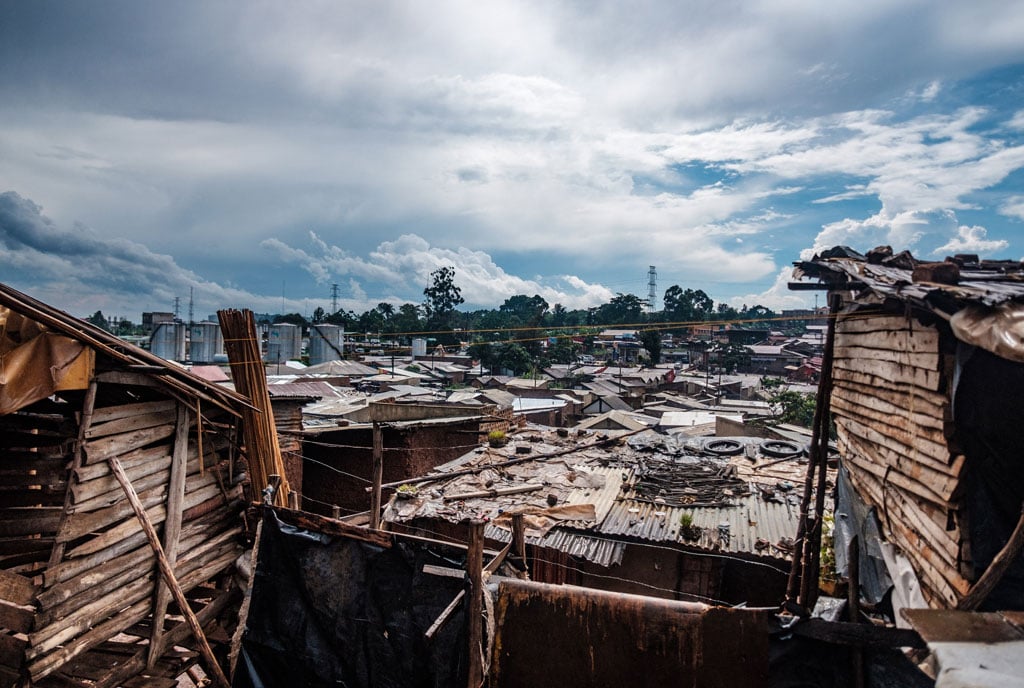Growing calls for addressing the various impacts of global warming on human health have spurred the initiation of the first dedicated day on this issue at the upcoming UN climate talks. Extreme heat, air pollution, and the spread of deadly infectious diseases are among the primary concerns highlighted by the World Health Organization (WHO), which considers climate change as the single most significant health threat to humanity. The WHO emphasizes the necessity of limiting global warming to the Paris Agreement target of 1.5 degrees Celsius to prevent catastrophic health consequences and avoid millions of climate-related deaths. Despite this urgency, current national carbon-cutting plans indicate a trajectory towards a 2.9-degree Celsius warming by the end of the century, as reported by the UN.
Vulnerable populations, including children, women, the elderly, migrants, and those in less developed countries with minimal greenhouse gas emissions, are expected to bear the brunt of climate change impacts. Recognizing these challenges, the COP28 negotiations in Dubai will feature the first-ever “health day” during the climate discussions on December 3.
Concerns about extreme heat are heightened as this year is projected to be the hottest on record, with more frequent and intense heatwaves anticipated in the future. The Lancet Countdown report reveals alarming statistics, indicating over 70,000 deaths in Europe attributed to heat during the previous summer. Moreover, prolonged exposure to life-threatening temperatures is becoming increasingly common worldwide, with implications particularly dire for the elderly population.
Apart from heat-related risks, air pollution emerges as another pressing issue, with nearly all global inhabitants breathing air that exceeds WHO guidelines. Fossil fuel emissions, responsible for outdoor air pollution, claim over four million lives annually and contribute to various respiratory and cardiovascular diseases. Efforts to mitigate the impact of coal burning have shown some success, with a 16 percent decrease in deaths from air pollution linked to fossil fuels since 2005.
The changing climate also facilitates the spread of infectious diseases, as vectors like mosquitoes and mammals expand their habitats. Diseases such as dengue, chikungunya, Zika, and malaria pose an increasing threat with rising temperatures. Additionally, extreme weather events like storms and floods create breeding grounds for disease-carrying vectors and increase the risk of water-borne diseases.
Mental health implications of climate change are gaining attention, with rising levels of anxiety, depression, and post-traumatic stress attributed to concerns about the planet’s future. The term “climate anxiety” has seen a significant increase in online searches, reflecting the growing psychological toll of environmental uncertainty.






